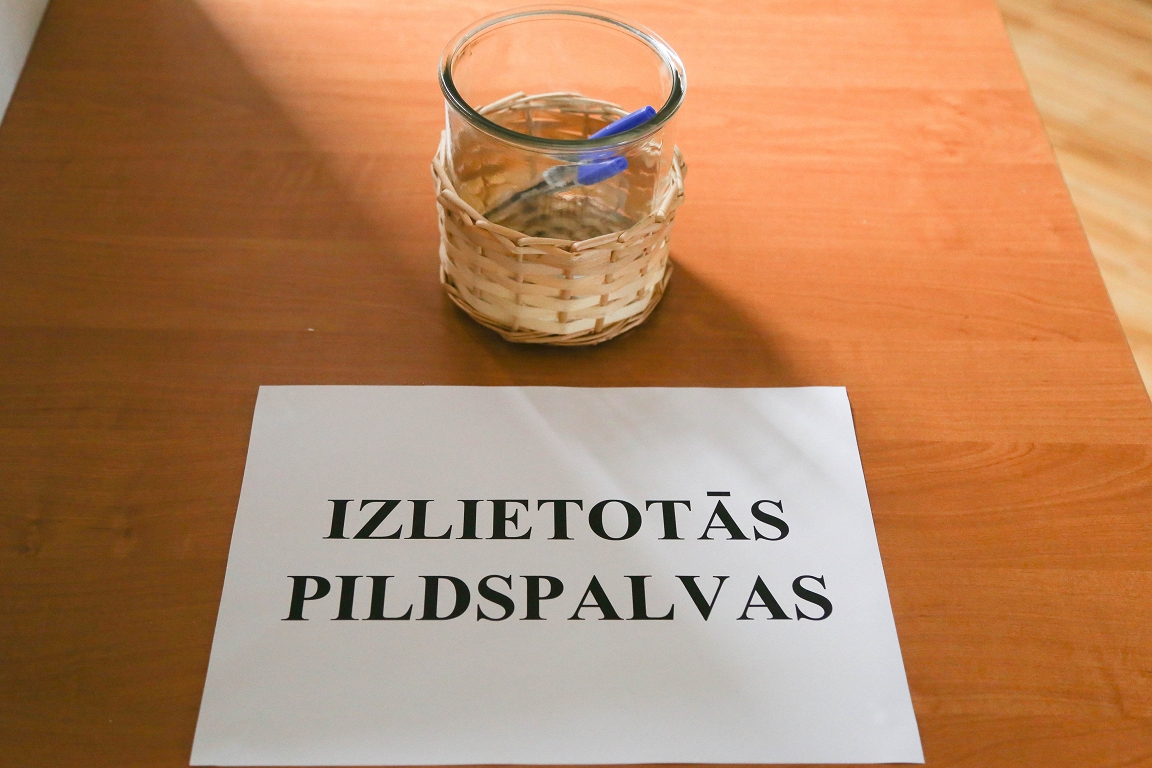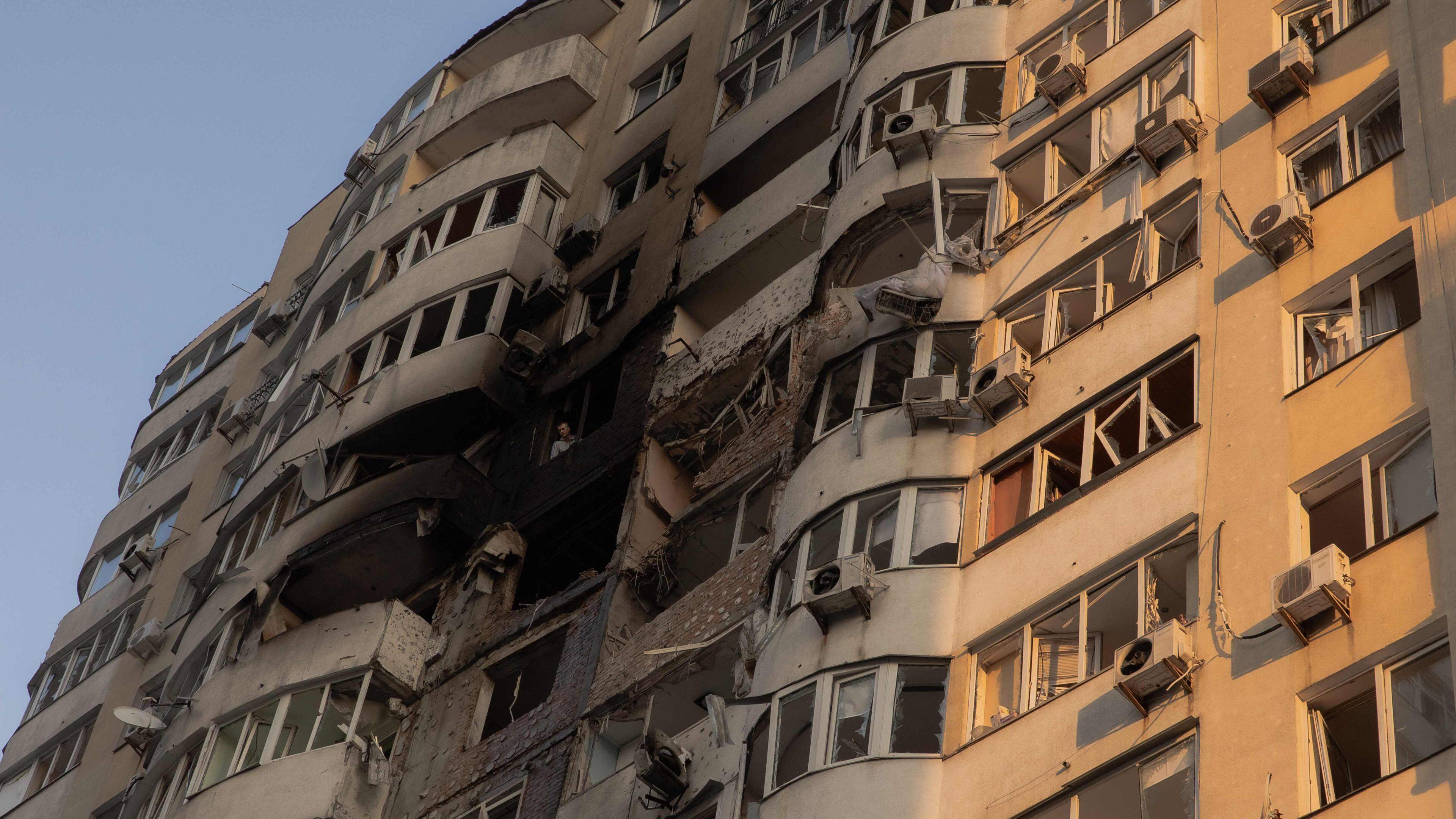Family reunification: abolition of the domestic discrimination fails

Swiss passport? Bad luck-why EU citizens continue to have more rights in family reunification than Swiss
When family reunification, Swiss are discriminated against against EU citizens. But the parliament does not want to get out of the world. Now the ball lies at the Court of Human Rights.
Swiss with foreign family members are now disadvantaged to EU citizens in family reunification.
The Swiss passport can become a stumbling block for naturalized people. This had to be experienced by a man from Sri Lanka who wanted to bring his parents (then 72 and 76) from Sri Lanka to the canton of Solothurn a few years ago. He fought before the federal court so that the two can spend their retirement with him. In vain.
Bitter for him: If he were an EU citizen, his parents would have long since been in Switzerland. Because for EU foreigners apply significantly more generous rules in family reunification than to Swiss citizens. Based on the free movement agreement, the former may follow spouse, parents and children under certain conditions, no matter where they live.
Swiss people, on the other hand, are not entitled to family reunification if relatives live in a third country, i.e. outside the EU. In addition, Swiss follow-up periods do not apply to EU citizens.
U -turn of the National Council
This domestic disadvantage has been around for many years, which is reason for this is a decision by the European Court of Justice. And it will not be abolished so soon. After years of consulting, the National Council decided on Monday to bury the project to eliminate domestic discrimination. It is not the first failed attempt.
A few months ago, the National Council voted with a clear majority for a change in the law that would have at least partially cleared the unequal treatment. The Federal Council was also for it. But the Council of States stood across the proposal from the SP camp. Whereupon the National Council cancer.
Above all, the SVP, but also FDP and Mitte, stand against the abolition of domestic discrimination. One of the arguments: The loosening of the follow -up rules would lead to more foreigners coming into the country and social welfare costs rose. Benjamin Fischer (SVP/ZH) said that his party will « fight every further uncontrolled mass immigration ». This also includes this template.
The Council Linke defended itself against maintaining the unequal treatment. Celine Widmer (SP/ZH) emphasized that Parliament should ensure that « families can live together again ». Beat Flach (GLP/AG) Weibel: « It's actually all about creating an injustice out of the world. » Federal Councilor Beat Jans also campaigned for the template: « We help the Swiss. »
In the end, the National Council sank business with 113 to 71 with 2 abstentions. The rules remain as usual.
« The legislator failed »
Marc Spescha, lawyer and emeritus professor of migration law, criticizes the parliament sharply. « The legislator failed, » he says. He had refused to comply with his constitutional duties and to contribute to the realization of fundamental rights, especially the elimination of discrimination.
It is very difficult to appreciate how many people would be followed up. The federal government does not want to let it out on the branches. Spescha assumes around 4,000 family leagues throughout Switzerland. For comparison: in 2022 a total of 43,000 people were followed up.
Now the Court of Human Rights decides
The SVP is also loosening because, from its point of view, it violates the constitutional article to implement its mass immigration initiative. She had already threatened with the referendum. However, the Federal Office of Justice comes to the conclusion in an expert opinion that this is not the case if the relaxation « only a negligible number of people » is affected.
The topic is not done with the decision of the National Council. Because the Solothurner, who is not allowed to bring his parents from Sri Lanka to Switzerland, continued to go to the European Court of Human Rights. A decision will be expected soon. It would be a remarkable judgment if Switzerland would be criticized by the court in Strasbourg for the disadvantage of their own country women and men.








